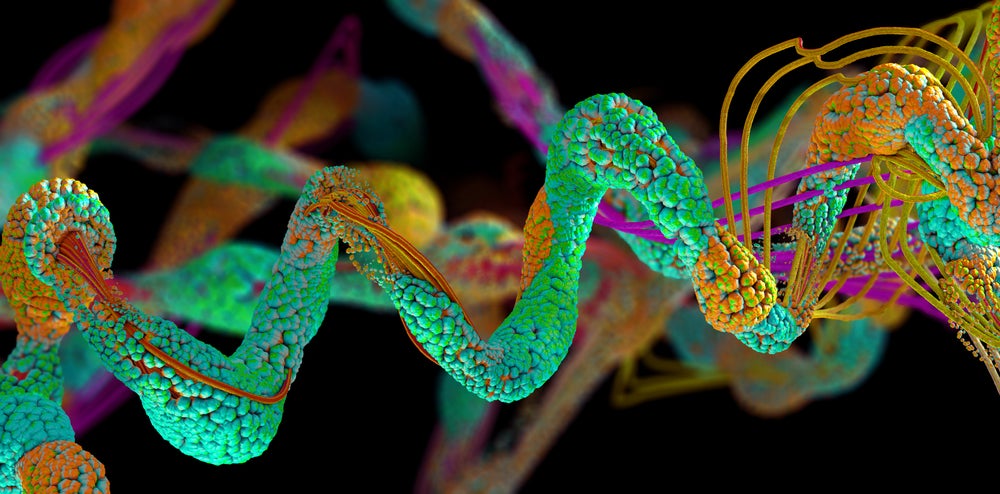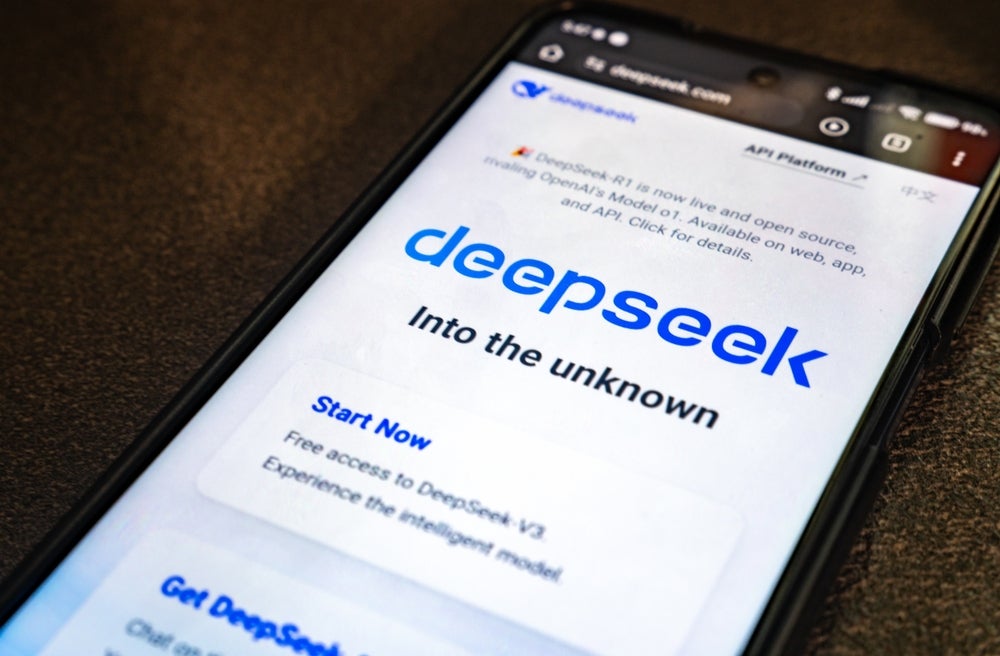
Artificial intelligence company DeepMind has solved a problem scientific researchers have faced for the past 50 years: protein folding.
The “protein folding problem” refers to the shape in which proteins fold into, which is key in determining its function. The ability to predict the shape of a protein gives important insights into what the protein does, so understanding how a protein folds is extremely significant.
Scientists have been investigating this area for decades, using techniques such as nuclear magnetic resonance and X-ray crystallography. However, these methods can be expensive and can take years to complete.
In 1972 Nobel Prize-winning biochemist Christian Anfinsen theorised that a protein’s amino acid sequence determines its structure. Since then scientists have been attempting to predict a protein’s 3D structure based on its amino acid sequence, but this has proved challenging as proteins can fold in numerous different ways.
Solving this problem led to the formation of Critical Assessment of protein Structure Prediction (CASP), a global biennial competition looking into protein structure prediction. Participants have the opportunity to test their structure prediction methods on the amino acid sequences of different proteins. Their predictions are then compared with experimental data.
The organisers of the 14th biennial CASP recognised DeepMind’s AI system AlphaFold as a solution to protein structure prediction.
DeepMind does it again
Using an attention-based neural network system, AlphaFold is able to make accurate predictions for the physical structure of a folded protein in a matter of days and using substantially less computing power than other methods.
The system was trained using publicly available data on around 170,000 protein structures from the protein data bank as well as large databases containing protein sequences of unknown structure.
CASP measures the accuracy of predictions using the Global Distance Test. The latest AlphaFold system achieved a median score of 92.4 GDT out of 100 across all targets. For the most difficult protein targets, this score dropped to 87.0 GDT.
According to DeepMind, which was bought by Google in 2014, the breakthrough could have implications for a number of areas including drug design and environmental sustainability. It could also enable a greater understanding of how signals are transmitted across cell membranes and could be useful in future pandemic response efforts.
The company said this demonstrates the “stunning potential for AI as a tool to aid fundamental discovery”.
Professor Andrei Lupas, director of the Max Planck Institute for Developmental Biology and a CASP assessor, said:
“AlphaFold’s astonishingly accurate models have allowed us to solve a protein structure we were stuck on for close to a decade, relaunching our effort to understand how signals are transmitted across cell membranes.”
DeepMind is now working on publishing a peer-reviewed paper on its findings. The protein folding breakthrough follows DeepMind’s other AI programmes defeating the world’s best Go player, and beating the most advanced chess algorithms.
Read More: Human cells to be mass-produced under “moonshot” biomedical partnership.







